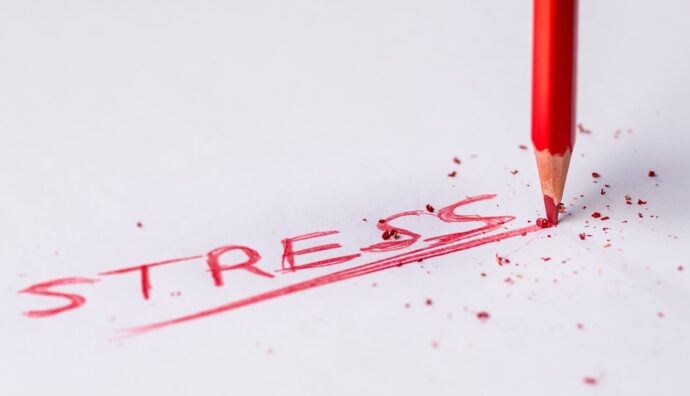WHO guidelines on physical activity and sedentary behavior recommend at least 150 to 300 minutes per week of moderate aerobic activity.
On average, an Aikido practitioner attends a class two, three times a week and therefore WHO can be satisfied… Yet obviously the point is another:
How can we ensure that every keiko, every training is useful to truly progress in every personal dimension?
The keyword is: supercompensation. There are many studies, to which we refer for a more accurate understanding of this phenomenon. Here we briefly summarize how it works.
Our psychophysical system is so well designed that, when it receives an external stimulus (for example a training session), it goes into a catabolic condition. That is, it goes into a slightly lower psychophysical state than at the beginning of training. This condition is followed by an anabolic recovery phase. And this is where a small miracle occurs.
To avoid going, let’s say, into a kind of starvation mode in the future, our system goes into a state of supercompensation. That is, it increases one’s condition. This is why a good workout gives back more resistance, more strength, greater elasticity over time.
Supercompensation is a phenomenon to be known and recognized. To be recognized because if well understood it allows you to benefit significantly from training. On the contrary, if ignored or poorly applied, it tends to inexorably transform training into a spiral of worsening of psychophysical conditions.
What does it happen, in fact, if we train when the recovery phase is not yet finished? That is, when our psychophysical state goes into a “down” phase?
It is a fact that all Aikido practitioners, like all martial disciplines, practice at fixed times and days and not when each person is in their state of supercompensation.
It is therefore necessary to be able to offer the practitioner’s psychophysical system a balanced series of stimuli, which we can define under three types of stress:
- Physical stress, in the form of progressive work of loads and new motor skills, respecting the real conditions of each individual;
- Cognitive stress, given the amount of new information, terminologies and techniques to decode, learn and execute;
- Emotional stress, given by using the body outside its comfort zone and experienced mainly under the pressure of an attack and in situations of loss of balance and falls.
Our training sessions therefore need to be balanced at least in these three dimensions. Physical training is important but it cannot be an absolute and not only because in the long run it would cut off entire groups of practitioners who would no longer be able to physically handle certain rhythms. The point is that supercompensation would not be possible for anyone if one limited oneself to a training with a preponderant physical imprint. The phenomenon of overtraining is always there and a good coach must know it.
Purely technical (cognitive) training is very important. Our disciplines have a huge set of knowledge that is often just explored on the surface. But also – above all – the mind needs to receive a quantity of stimuli functional to growth, even more so in a period in which we are sensorially overstimulated throughout the day. Finally, intellectual speculations can be a comfortable safe zone in which to shelter from the responsibility of a physical commitment, sometimes deluding ourselves that we have already arrived at some form of knowledge and self-proclaimed enlightenment.
Finally, remaining in a situation in which one is always under pressure does not give the individual person time to recognize their own inner world, to see the emotions emerge and to therefore become responsible for the use that can be made of their manifestation.
It is precisely the balance of this mix that allows practitioners of a martial discipline to bring everyday life into that laboratory which is the tatami and then experiment, in everyday life, the new approach to the conflict that is being studied during practice.
From this point of view, the enormous hyperstimulation to which we are all subjected on a daily basis becomes a fuel to be decoded and used for personal growth. We are not saying that the stress that surrounds us is something to be sought voluntarily but, since it is a fact of reality, it can become a powerful ally for our growth, at least as much as attention to accurate physical preparation.
Disclaimer: Picture by Pedro Figueras from Pexels

